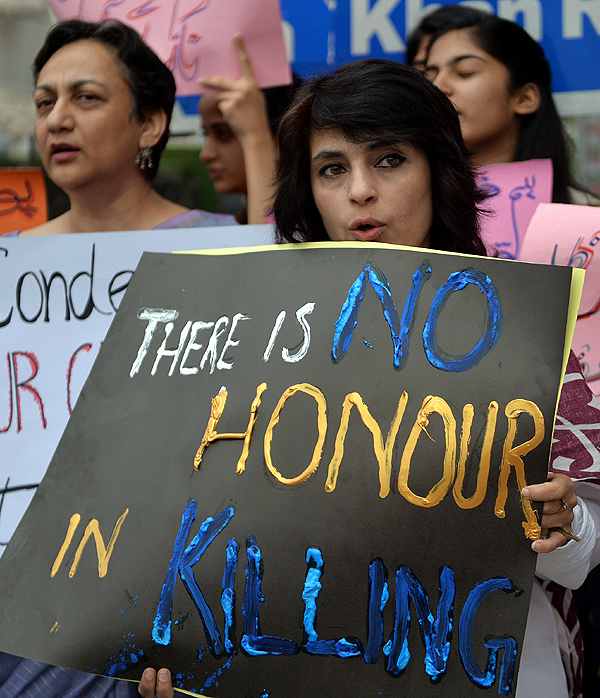Climate stakeholders of SDPI-HBS Pak-India Track II Dialogue adopt unanimous resolution
Wednesday, February 15th, 2012 7:38:20 by Fayyaz Yaseen
Climate stakeholders of SDPI-HBS Pak-India Track II Dialogue adopt unanimous resolution
ISLAMABD:(15 February 2012) Deliberating on water, energy, adaptation, gender equity and livelihoods, the climate stakeholders adopted a resolution on the concluding day of ‘Track-II Dialogue on (Climate) Change for peace’ which
was jointly organized by Sustainable Development Policy Institute (SDPI) and Heinrich Boll Stiftung (HBS) on Wednesday.
They stressed on both countries to work together to address common challenges posed by the climate change in order to achieve food and energy security, sustainable livelihoods, conservation of biodiversity, enhanced water use
efficiency, promotion of low carbon sustainable development and building resilient communities and networks.
They said energy needs of both the countries are growing to bring sizeable population out of poverty and achieve economic growth. Both countries need to work together to ensure universal access to sustainable and affordable energy,
including through the optimization of renewable energy potential in the region, measures to promote green energy, and establishment of South Asian Energy Grid. Stressing upon the need of best available scientific and local knowledge, they said governments,
academic institutions, and civil society organizations need to work together to prepare compendium of best policy frameworks/practices.
Deliberating on education, they underlined on mutual learning and sharing of experience and knowledge between the government agencies, civil society organizations, academic and research institutions, and other stakeholders through
building of networks and establishment of exchange programmes of experts, researchers and journalists. Highlighting importance of gender equality, they said women must be involved at all the decision-making levels and processes in order to incorporate their
perspectives and address their specific needs and vulnerabilities. Furthermore, networks of expatriate South Asians can provide invaluable support in the form of financing, knowledge sharing and access to information and technology which should be materialized.
The resolution further underlines on adaptation strategies which must be designed keeping in view the shared ecosystems in the region such as mountains, glaciers, rivers and monsoon systems as well as the common interests of countries
including prevention of conflict. The resolution puts emphasis on the relevant decisions adopted by SAARC summits on climate change, especially those pertaining to food security and disaster risk reduction, and seeks their implementation through enhanced cooperation
and removal of impediments.
The resolution also recommends SAARC to carry out a feasibility study on the establishment of a green climate fund for South Asia besides establishment of a ‘Climate Policy Coordination Group’ between policy-makers of two countries
to harmonize positions at international fora.
Some of the delegates which spoke on the occasion included Malik Amin Aslam, former federal Minister for Environment, Toshihirio Tanaka, Country Director UNDP, Dr Abid Qaiyum Suleri, Executive Director SDPI, Shams-ul-Mulk, Ex-
Chairman, WAPDA, Chandra Bhushan of Centre for Science and Environment (CSE) India, Dr Ejaz Khan of WWF, Dr Tariq Banuri, former Head of Sustainable Development Division, United Nations, Dr. Saba Gul Khattak, Member Social Sector, Planning Commission, Shakeel
Ahmad Ramay of SDPI, Britta Peterson, Country Director, Heinrich Boll Stiftung (HBS) Pakistan, K. Srinivas, Chief Executive Officer (CEO), Vasudha Foundation, India, Sanjay Vashist, Programme Advisor Climate Change, Heinrich Boll Foundation, India Office,
Prof. Dr. Jurgen Scheffran, Institute of Geography, University of Hamburg, Head of the Research Group Climate Change and Security (CLISEC), Harjeet Singh, Climate Justice Coordinator, Action Aid International, India, Mehmood Cheema of IUCN, Ali Tauqeer Sheikh,
Chief Executive, LEAD Pakistan, Chaudhry Inayatullah, Regional Programme Coordinator, ICIMOD, Dr. Asad Server Qureshi, Water Resources Management Specialist, International Water Management Institute (IWMI), Azmat Hayat Khan, Director Pakistan Met Department
(PMD), Arshad H. Abbasi, Advisor Water & Energy, SDPI, and Mome Saleem, Research Associate, SDPI.
Short URL: https://www.newspakistan.pk/?p=12863

















